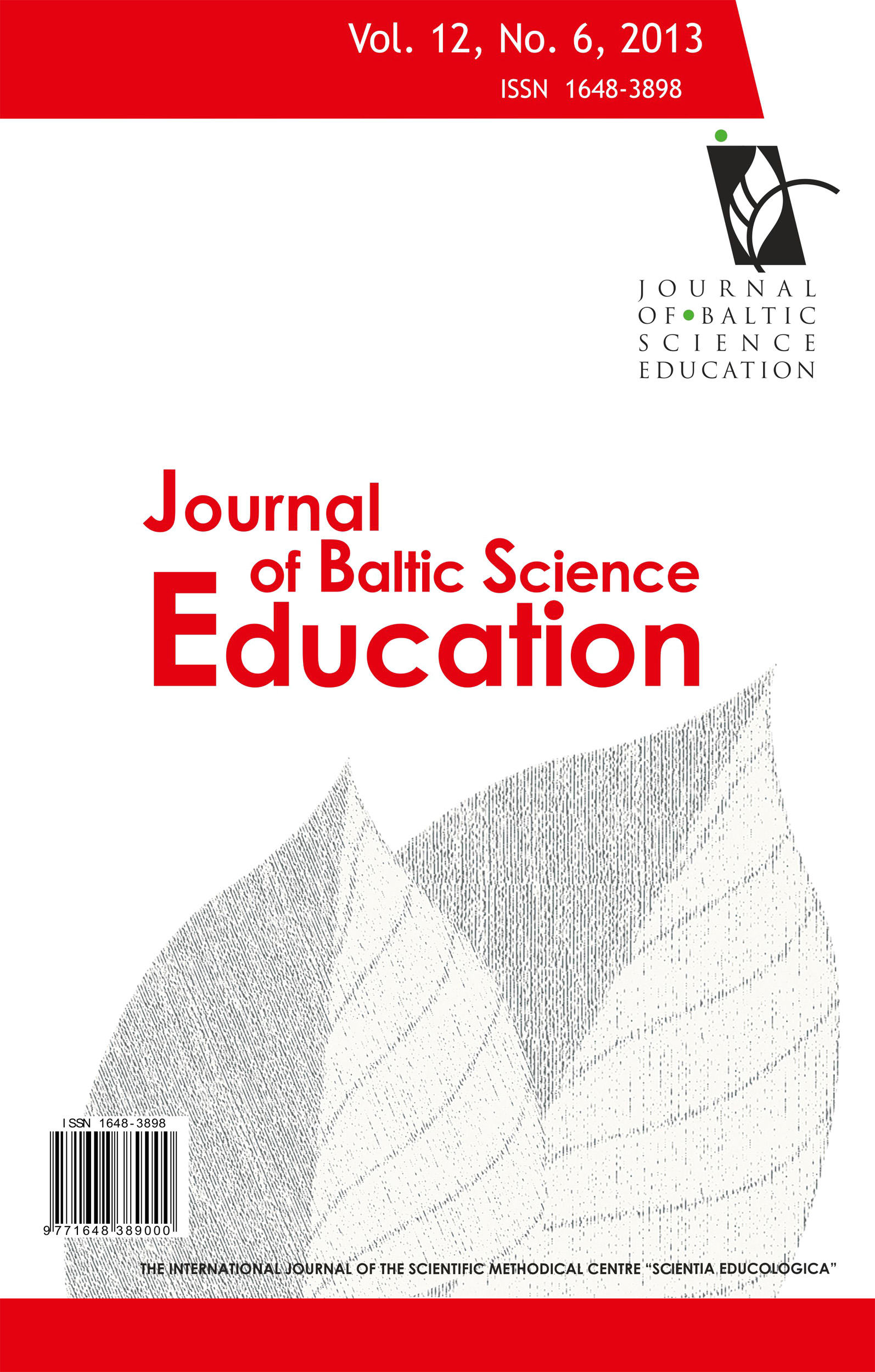A COMPARISON OF STUDENTS’ PERFORMANCE, SKILL AND CONFIDENCE WITH PEER INSTRUCTION AND FORMAL EDUCATION
A COMPARISON OF STUDENTS’ PERFORMANCE, SKILL AND CONFIDENCE WITH PEER INSTRUCTION AND FORMAL EDUCATION
Author(s): Tolga GokSubject(s): Social Sciences, Education, School education, Pedagogy
Published by: Scientia Socialis, UAB
Keywords: formal education; peer instruction; problem solving strategy steps;
Summary/Abstract: The effects of peer instruction (PI) and formal education (FE) on students’ performance, skill, and confidence were investigated. The research was performed in a two-year college classroom with 98 students from two groups enrolled in a physics course. One of the groups was selected as an experimental group, and the other was the control group. The students in the experimental group were instructed by peer instruction with problem solving strategy steps (PSSS), whereas the students in the control group were instructed by formal education including PSSS. The research data were collected with the Physics Achievement Test (PAT) and the Problem Solving Confidence Questionnaire (PSCQ). The problem solving skills of the students in both groups were evaluated using quantitative problems in Newtonian mechanics. The PAT and the PSCQ results related to the performance and confidence of the students indicated that there was a statistically significant difference between the means of the experimental group and the control group in favor of the experimental group. The combination of PI with PSSS was more effective for increasing the problem solving skills of the students than the combination of FE with PSSS.
Journal: Journal of Baltic Science Education
- Issue Year: 12/2013
- Issue No: 6
- Page Range: 747-758
- Page Count: 12
- Language: English

